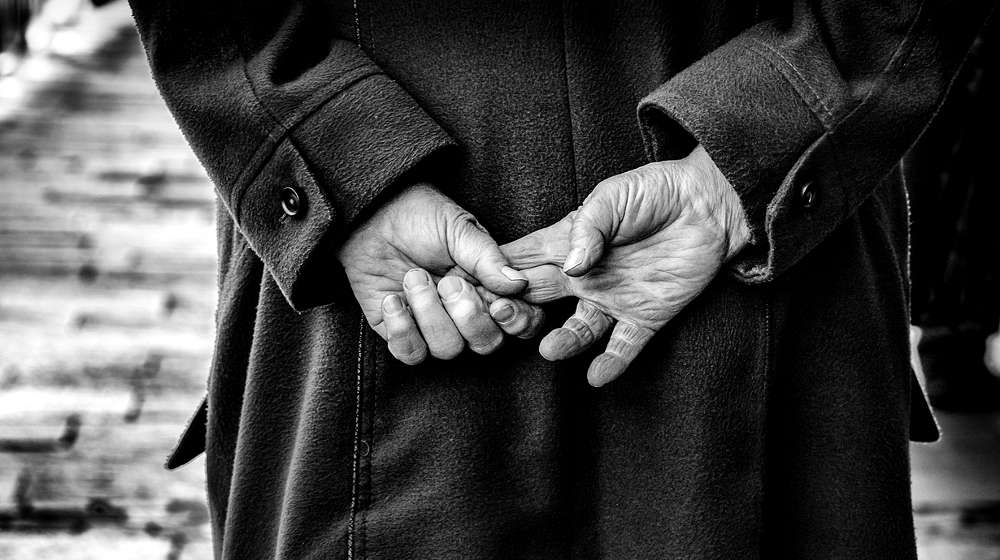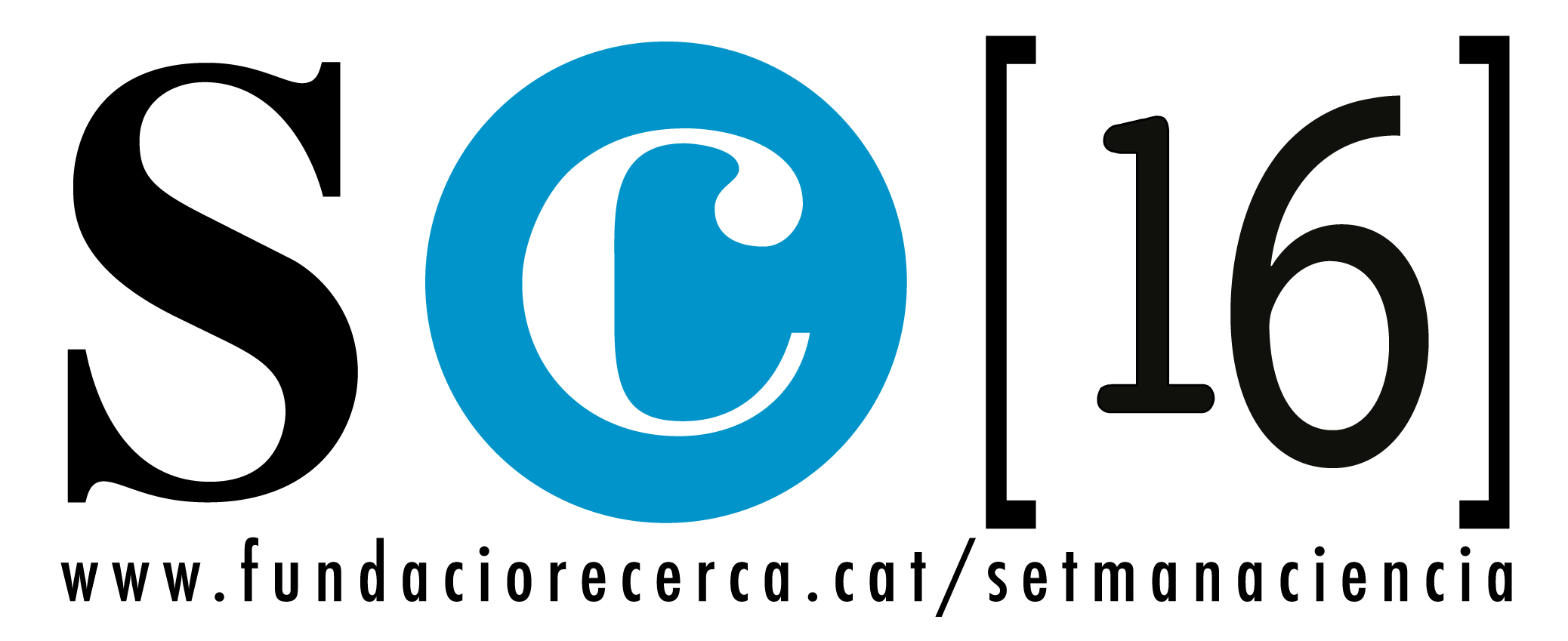The ICREA Conference Awards fund international conferences and workshops at the highest level, including among its participants world leaders in the fields covered by the events. The Awards are given annually, following a competition restricted to ICREA researchers.
The awarded events may be devoted to any area of knowledge that is relevant to the research carried out by the applicants, although priority is given to cutting-edge fields and interdisciplinary subjects.
The following is the ICREA Conference Award granted in 2016:
- “ICREA Conference across tumour heterogeneity and evolution in cancer: from in silico studies to clinical impact”
Pablo Menéndez, ICREA at the Institut de Recerca contra la Leucèmia Josep Carreras (IJC), Joan Seoane, ICREA at the Vall d’Hebron Institute d’Oncologia (VHIO), Núria López-Bigas, ICREA at the Institut de Recerca Biomedica (IRB Barcelona) and David Torrents, ICREA at the Barcelona Supercomputing Centre – Centro Nacional de Supercomputación (BSC-CNS)
These are the conferences held in 2016:
- ICREA International Symposium on “BioNanoVision of cellular architecture: from the nucleus to the cell membrane”
Maria Garcia-Parajo, ICREA at the Institut de Ciències Fotòniques (ICFO), Melike Lakadamyali, Professor at the Institut de Ciències Fotòniques (ICFO) and Pia Cosma, ICREA at the Centre de Regulació Genòmica (CRG).
Place and date: Institut de Ciències Fotòniques (ICFO), Castelldefells. 25-27 May 2016.
Read more

